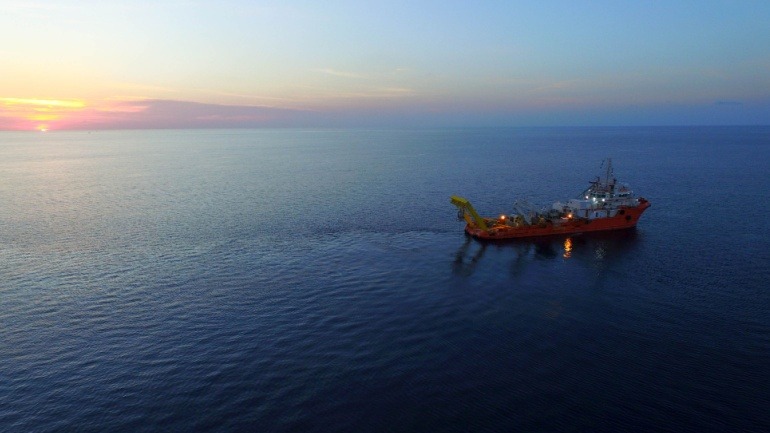Hexa Capital Consultancy and Equinix have teamed up to enhance Asia-Pacific to U.S. connectivity via the groundbreaking MYUS cable. Targeting the burgeoning digital demands in Southeast Asia, this collaboration utilizes Equinix’s strategic data centers and a high-capacity fibre optic link to empower seamless international data connectivity.
The ITU and ICPC have united to create an advisory body focused on boosting submarine cable resilience. This critical initiative addresses vulnerabilities of cables that manage 99% of global data transfers, facing threats like damage and sabotage.
Recent submarine cable cuts in the Baltic Sea have raised concerns about deliberate sabotage, affecting vital data pathways from Sweden to Lithuania and Finland to Germany. Operators emphasize the need for increased network redundancy to ensure stable connectivity.
Saudi Arabia’s Mobily and Telecom Egypt are collaborating on a submarine cable project across the Red Sea, enhancing VoIP connectivity between Saudi Arabia and Egypt. This initiative addresses increasing internet service demand and aligns with Saudi Vision 2030.
Globe Telecom’s role in managing the Philippines landing for the MYUS cable system marks a pivotal moment in global VoIP and telecommunications. The 19,000 km cable enhances digital connectivity, linking Malaysia and the US. This $720 million investment will provide 15 Tbps per fiber pair, elevating internet speed and reliability.
Nokia, Windstream, and Colt have successfully completed an 800 Gigabit Ethernet (800GbE) transatlantic trial, spanning 8,500 km between London and Chicago. Using cutting-edge technologies, this achievement doubles network capacity, enabling faster, low-latency connections crucial for AI, financial transactions, and cloud systems.
Grid Telecom and Tamares Telecom have announced a strategic alliance to establish open-access cable landing infrastructure in Cyprus. This partnership aims to enhance regional digital infrastructure, promoting data-driven growth. Leveraging Cyprus as a carrier-neutral hub, it connects key destinations with state-of-the-art subsea cable landings, boosting digital connectivity in Europe and the Middle East.
NATO’s HEIST initiative enhances global internet resilience by integrating subsea cables and satellites, aiming to safeguard against data traffic disruptions. GoTo harnesses generative AI to improve customer experiences, while China Unicom and Huawei launch a 5.5G network in Beijing, and Swisscom and Nokia deploy a nationwide drone network in Switzerland for safety and industrial monitoring.
Nokia has revealed its acquisition of Infinera, a California-based provider of optical transport networking solutions, for $2.3 billion. This strategic move aims to bolster Nokia’s presence in the North American optical networking market.
Qatar-based telecommunications company Ooredoo has announced its membership in the Nvidia Cloud Partner club, with plans to upgrade its AI data centers across the Middle East and North Africa (MENA) region using Nvidia’s Tensor Core GPUs. This move aligns with Ooredoo’s strategy to establish itself as the leading digital infrastructure provider in MENA.













